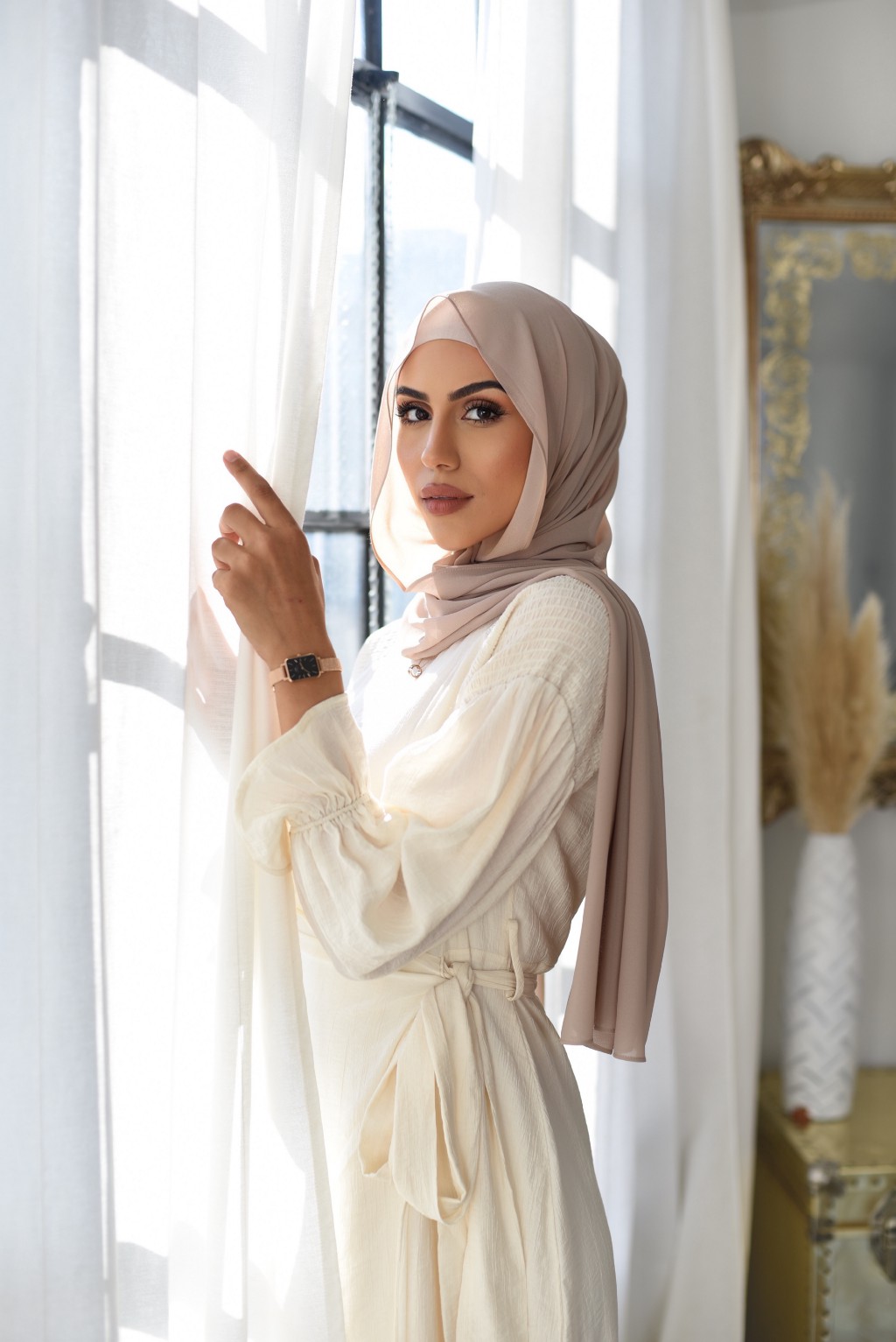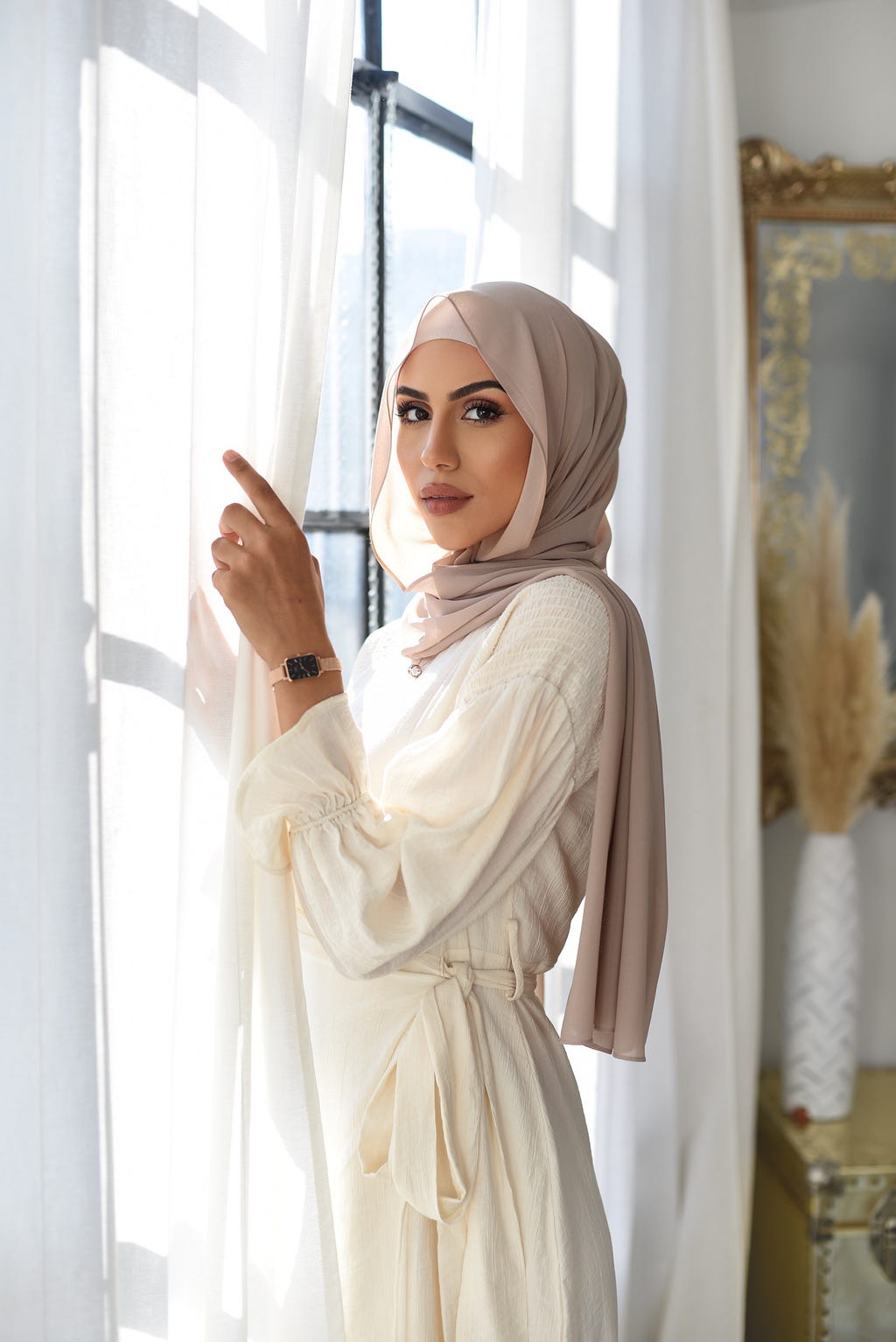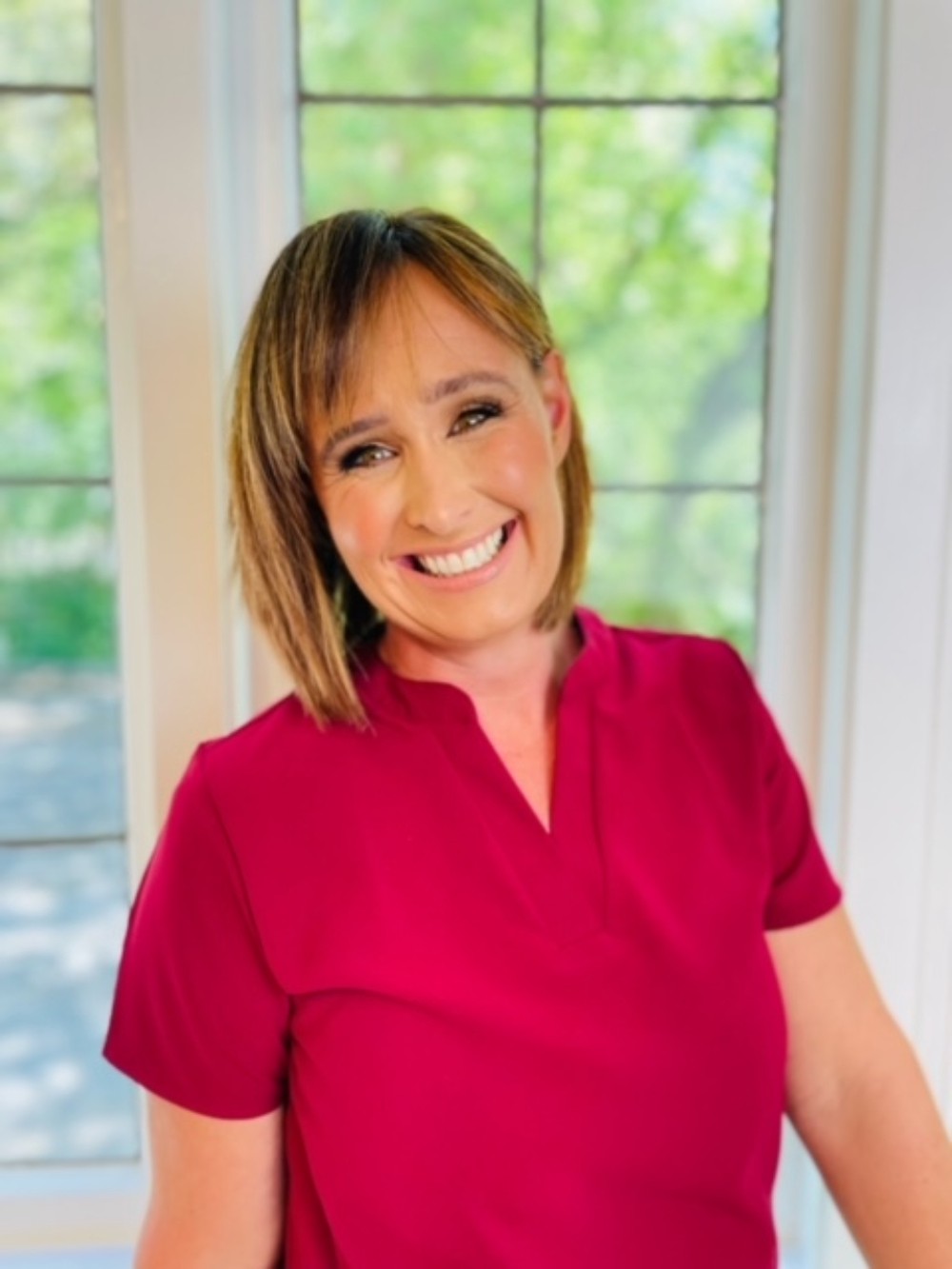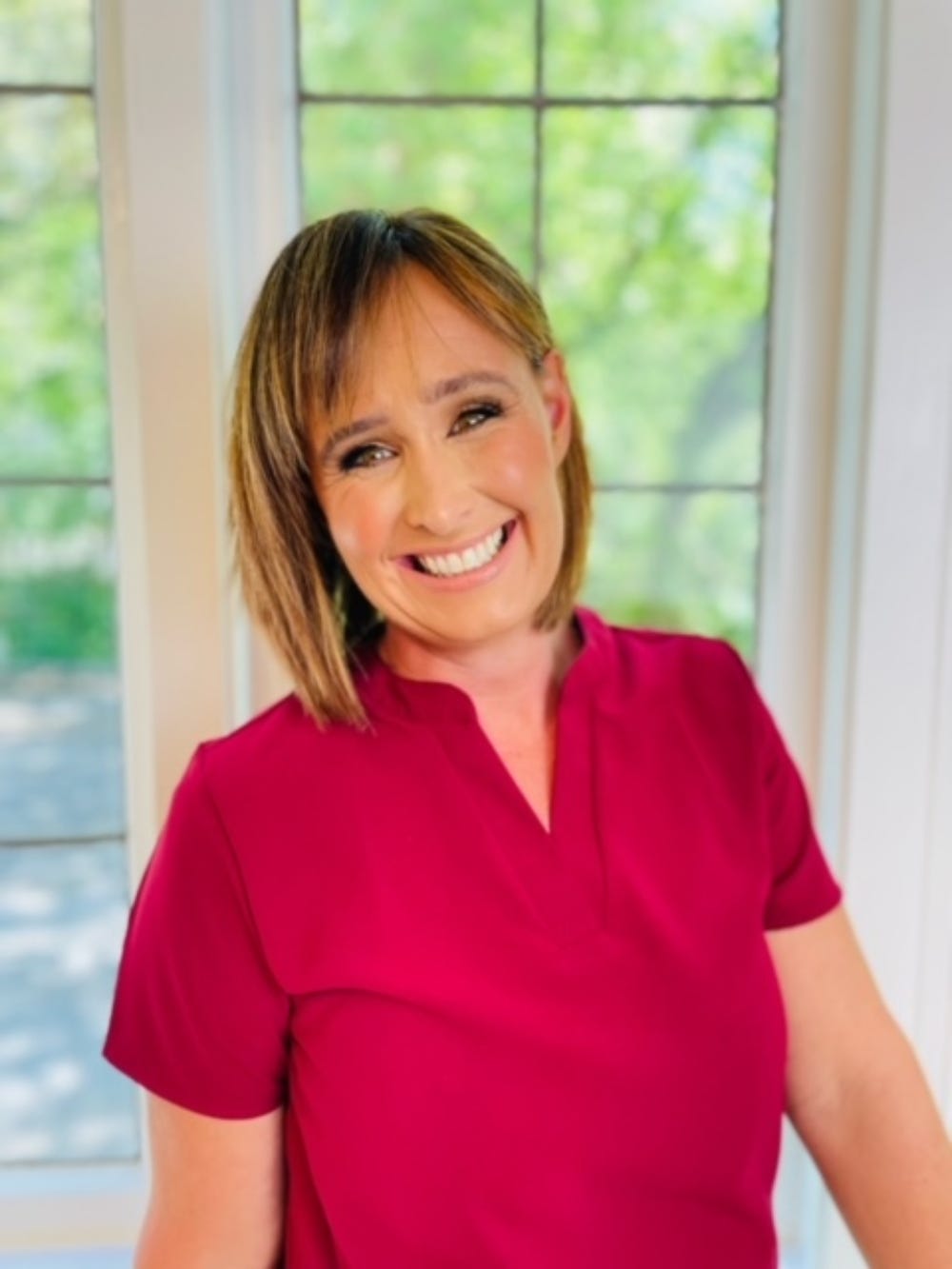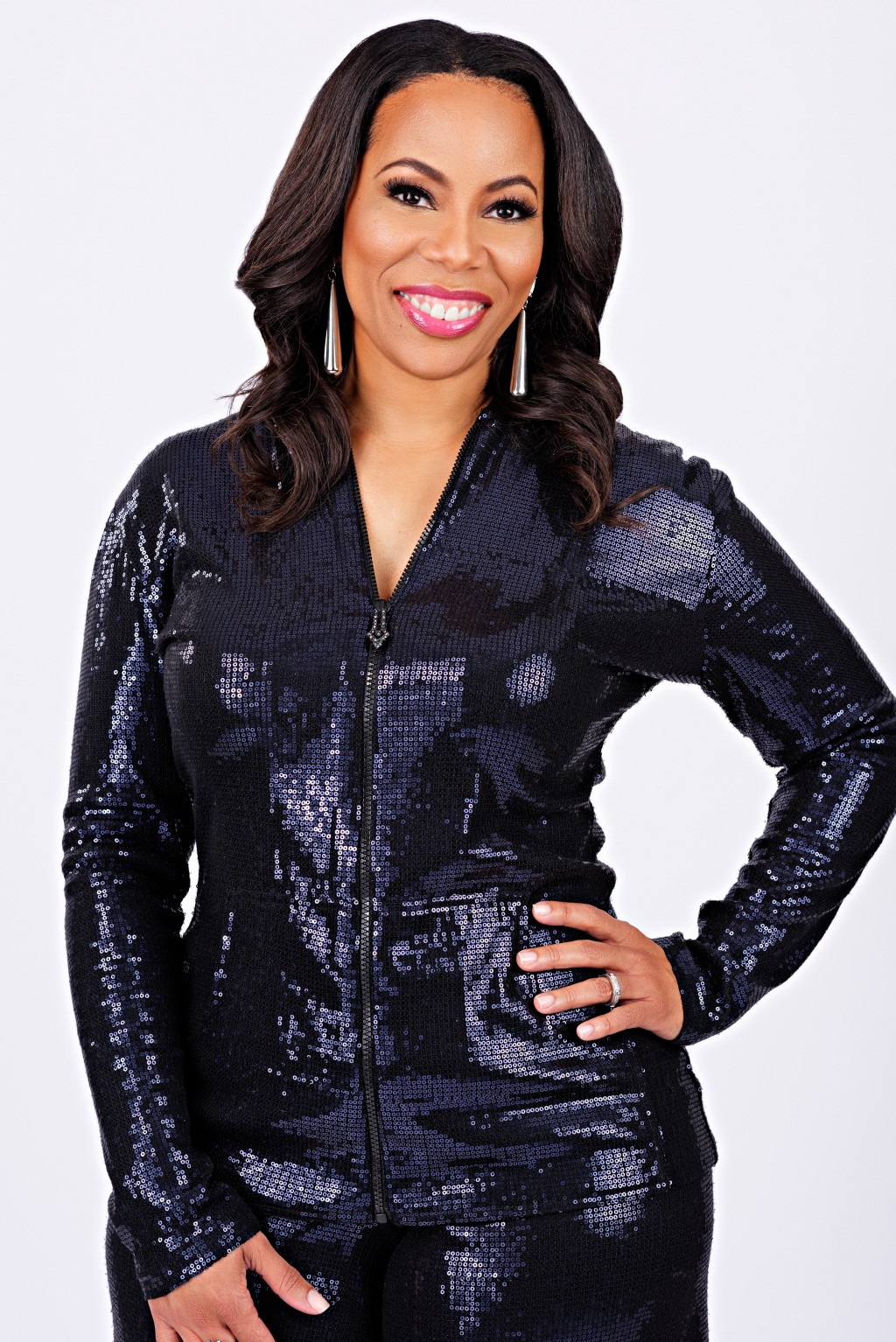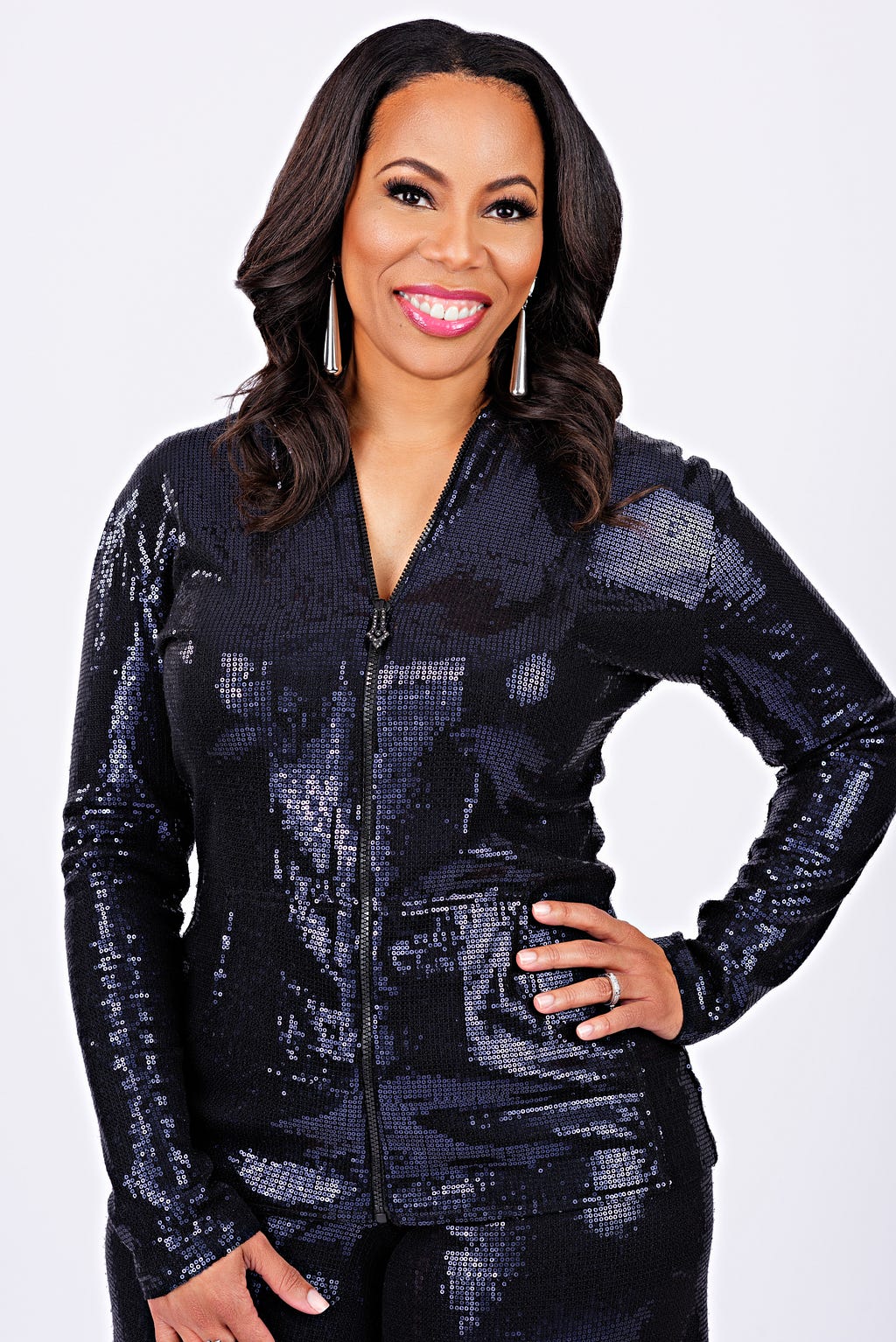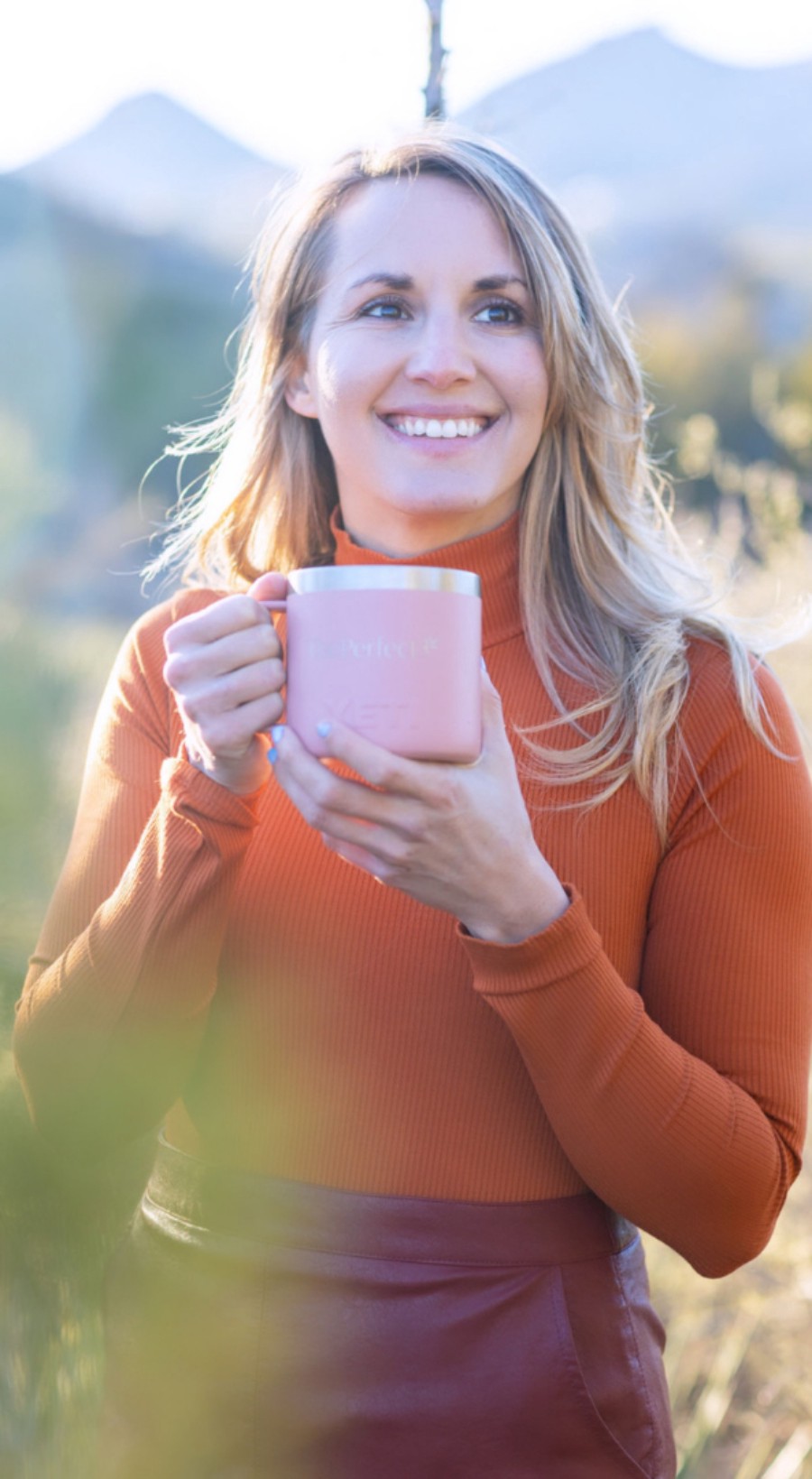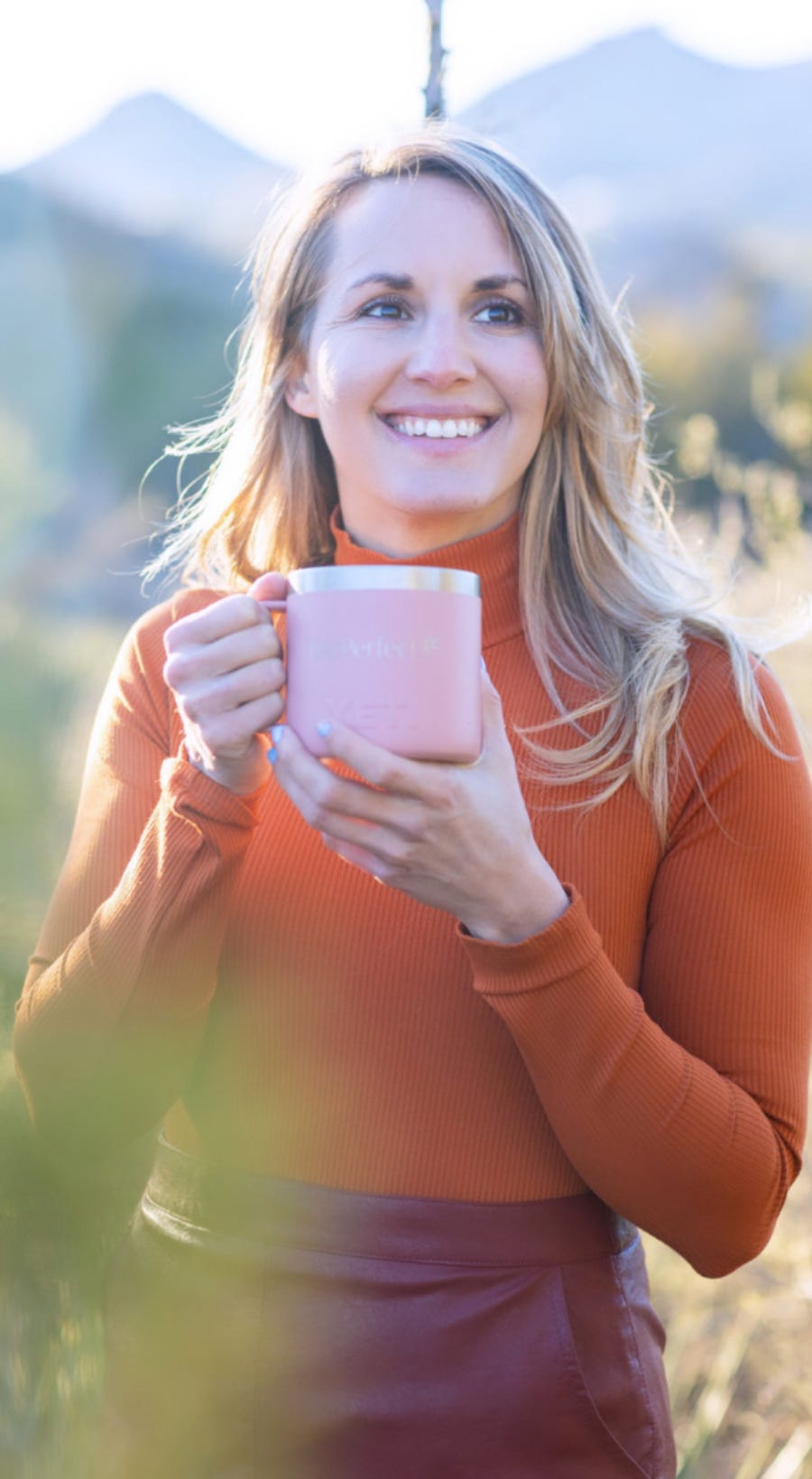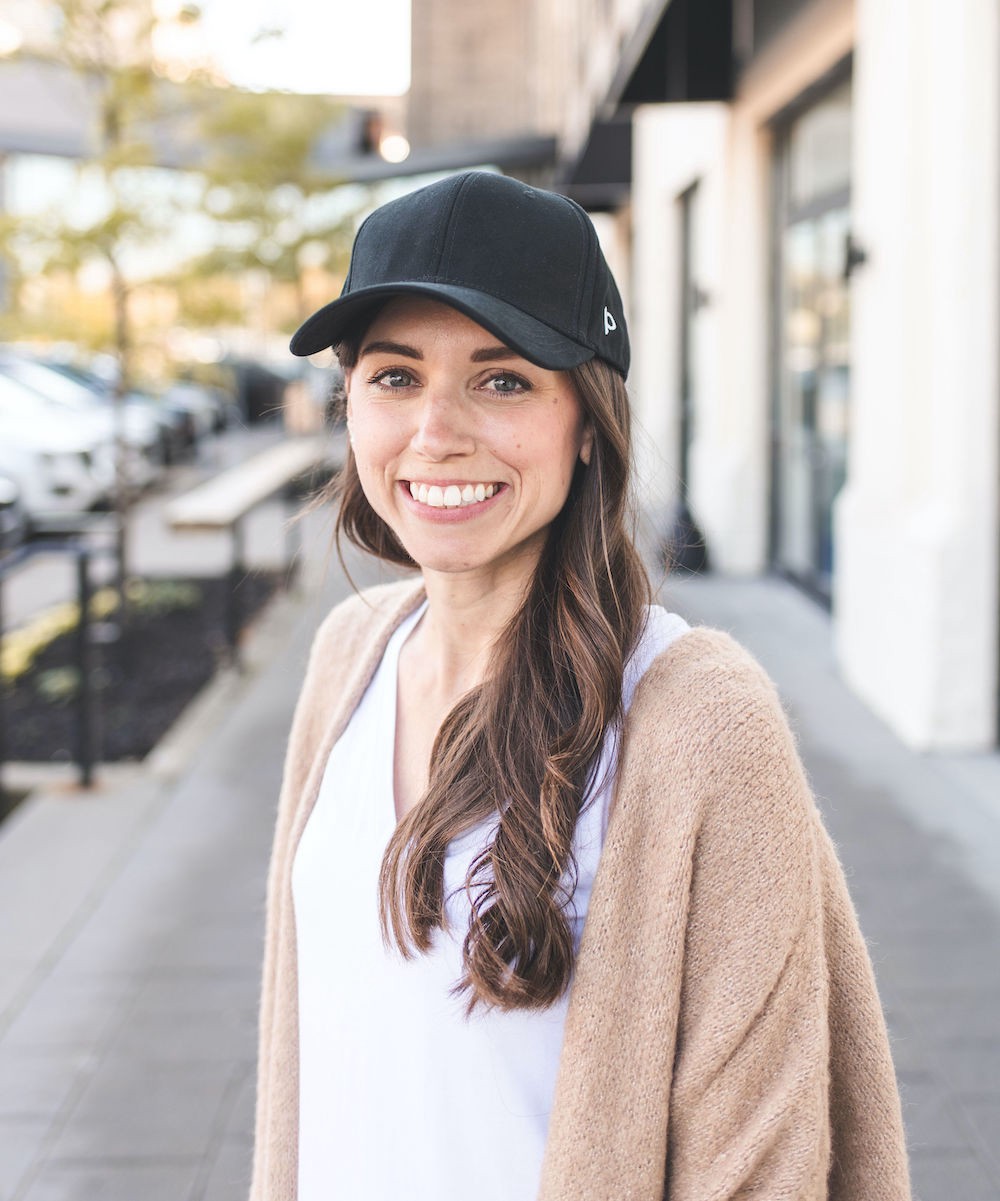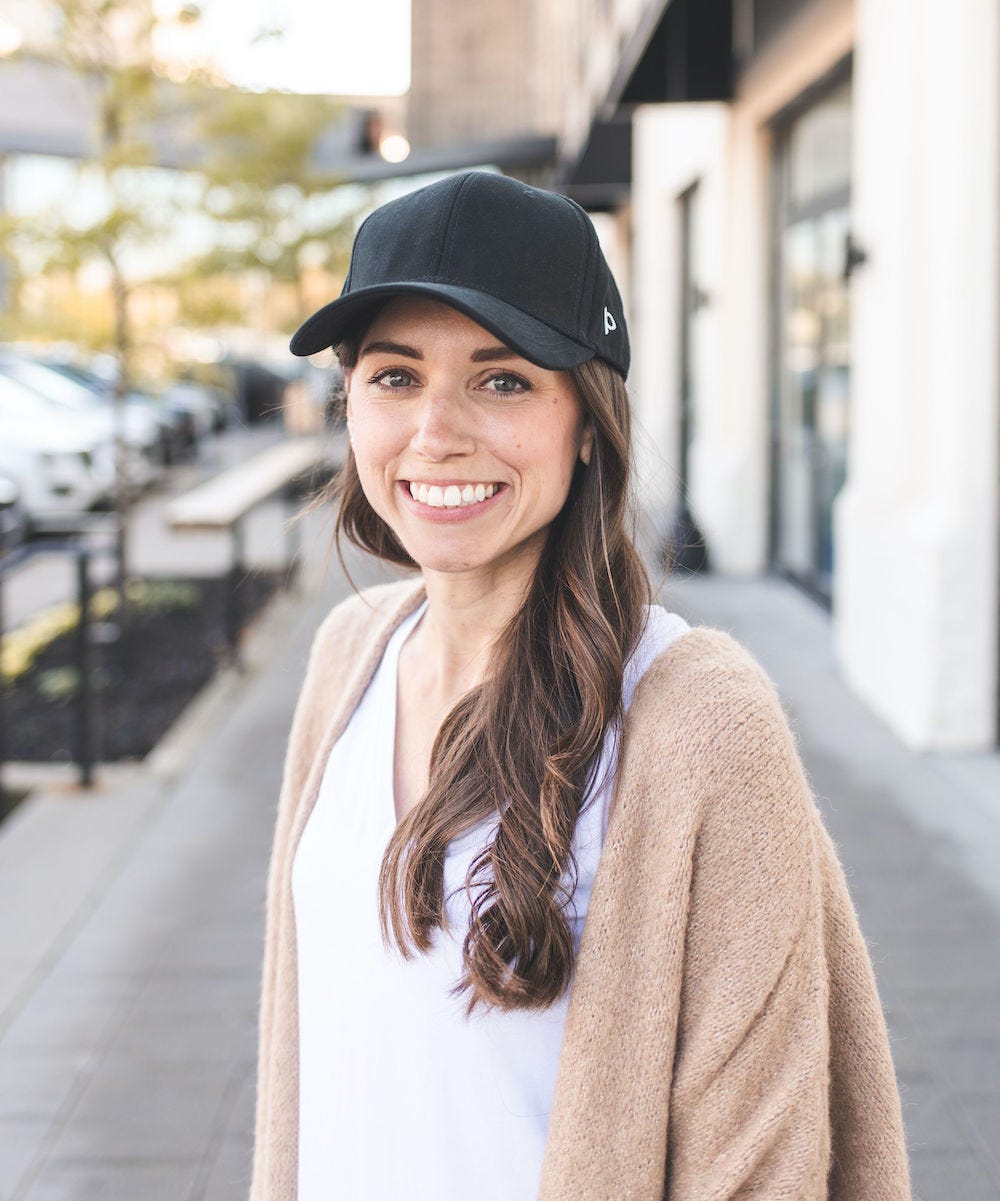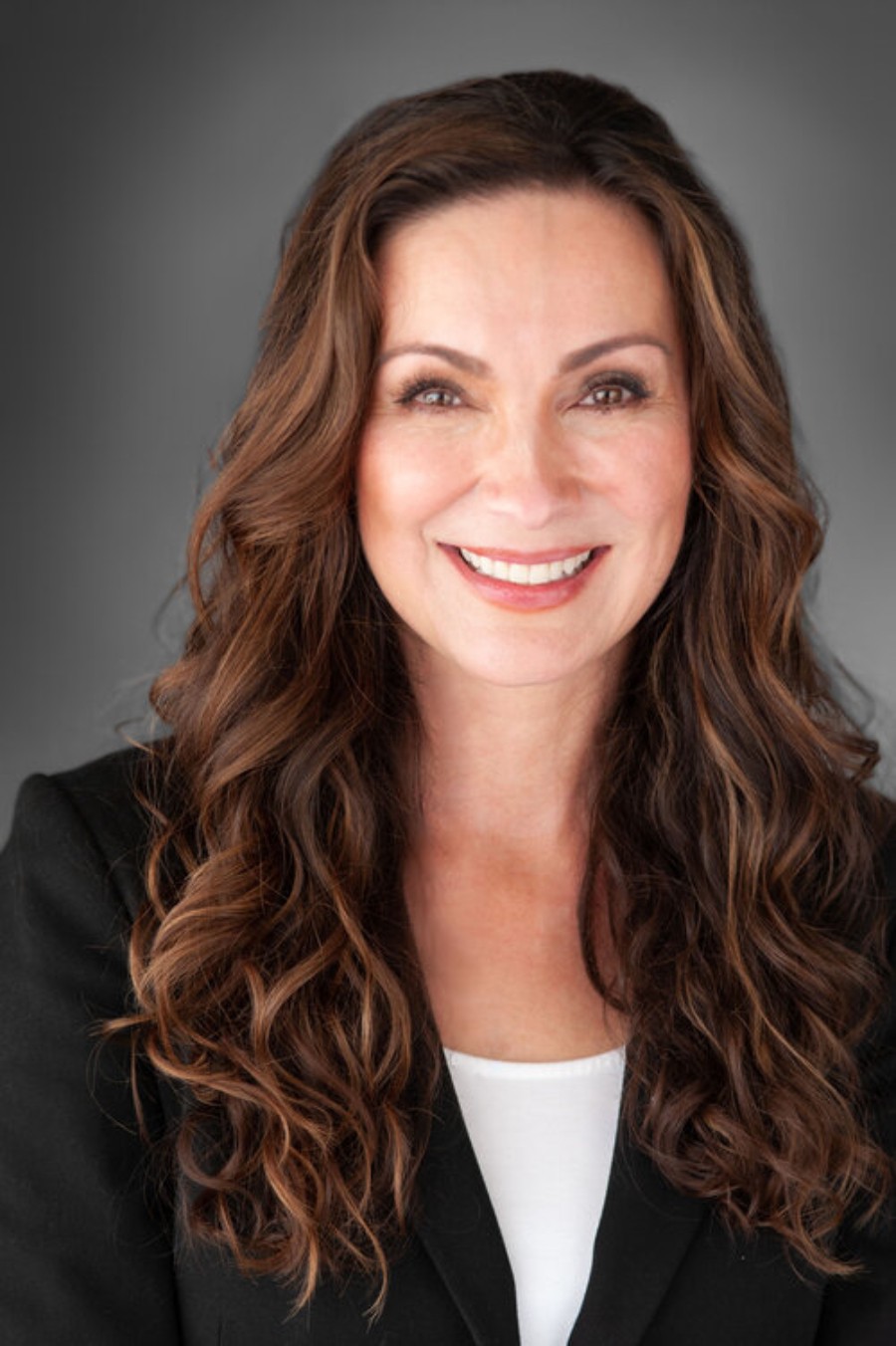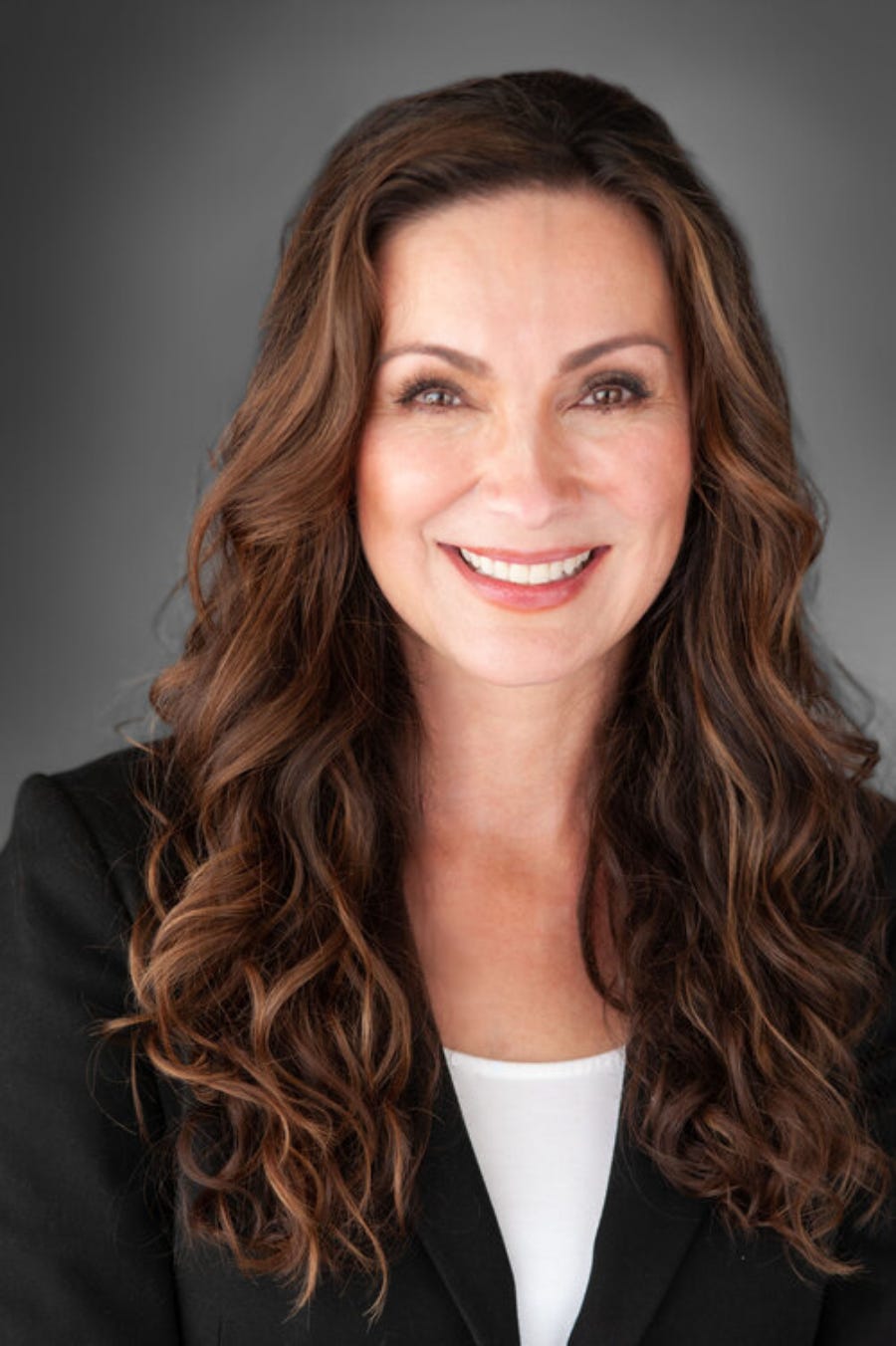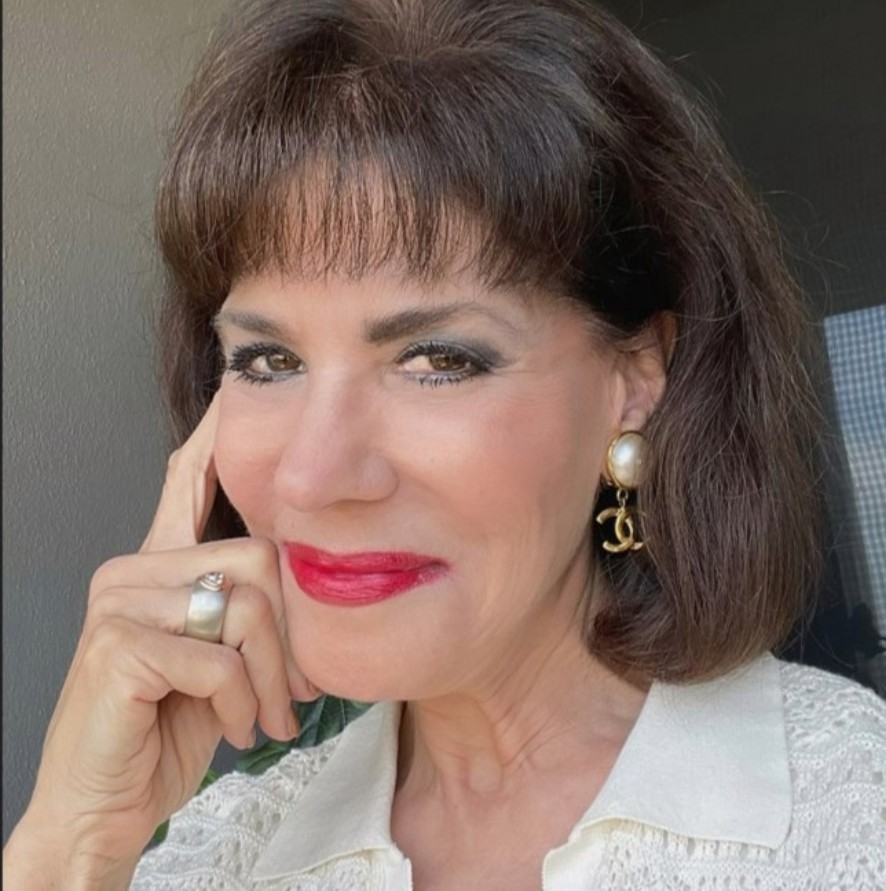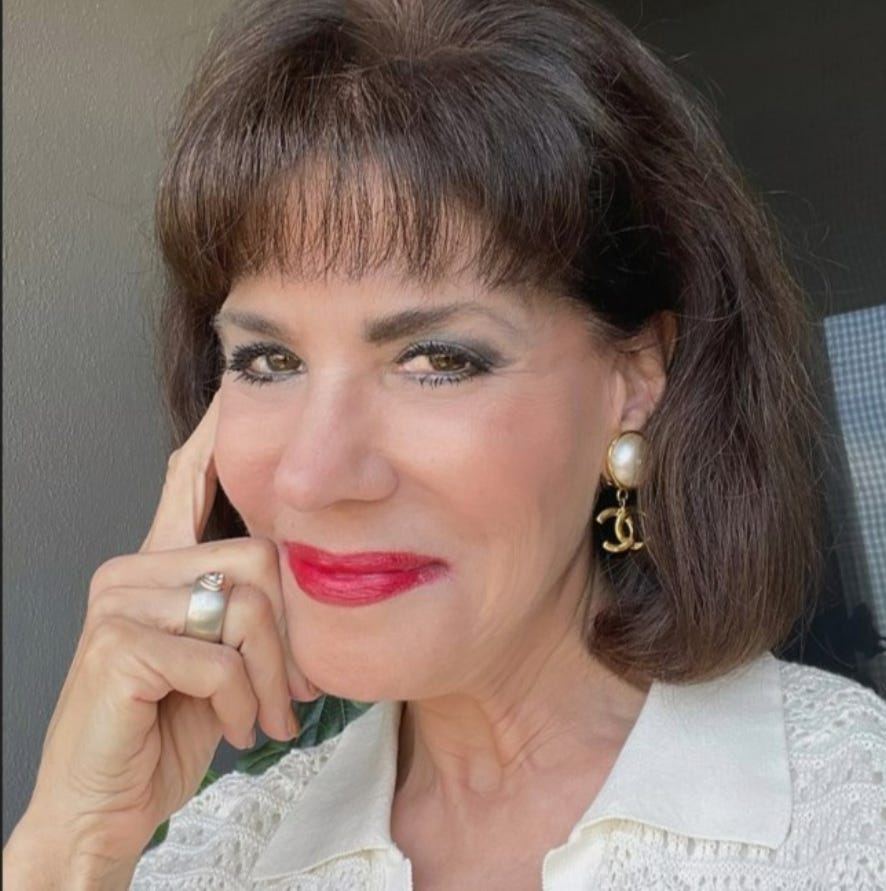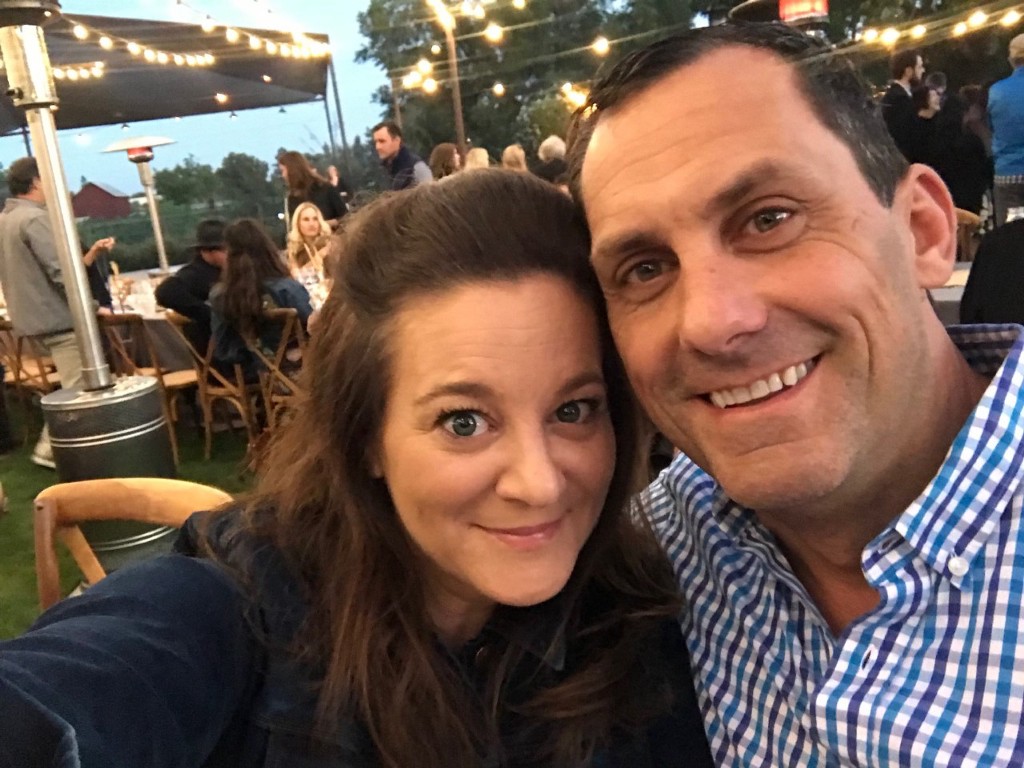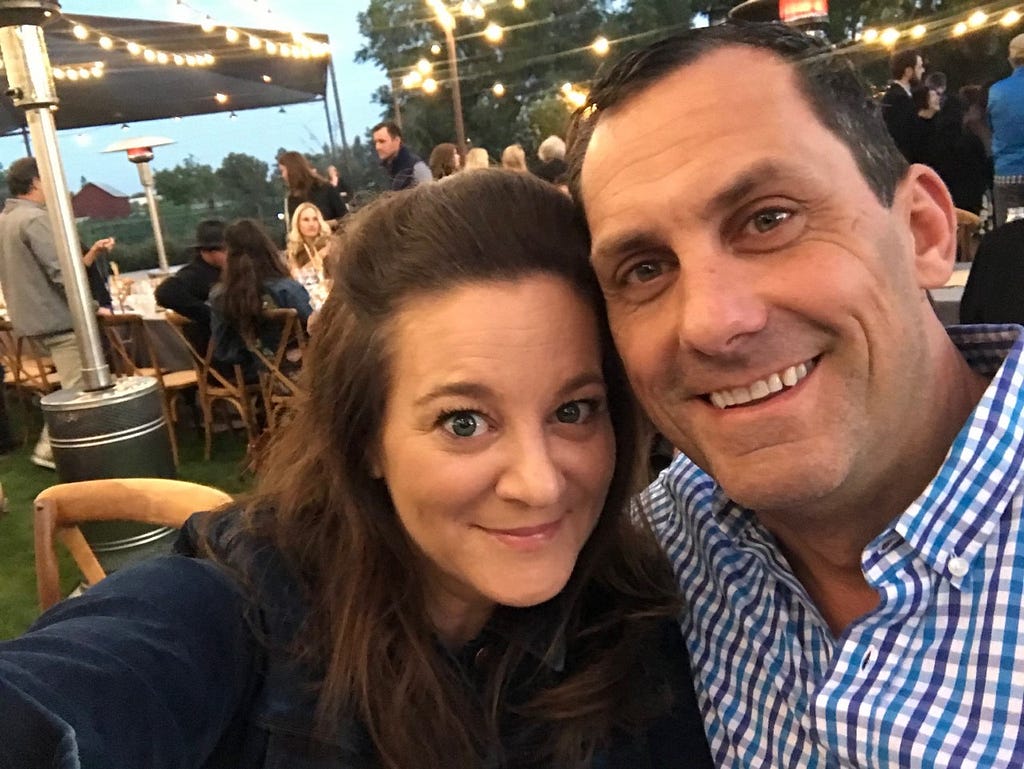Female Disruptors: Shanila Sattar of Flow Breathwork & AlwaysPlay Studios On The Three Things You Need To Shake Up Your Industry
An Interview With Candice Georgiadis

Another piece of advice I received from no one in particular but just a general messaging that I have absorbed, is to be able to stay in your own lane. One of the hardships of starting a business and starting out as a young entrepreneur is that this model of business didn’t already exist. These types of conversations around wellness access, marginalized communities, BIPOC experiences, experiences of immigrants, ancestral trauma, science, mysticism, and the whole dance of it all, haven’t been welcomed in wellness and healing space.
As a part of our series about women who are shaking things up in their industry, I had the pleasure of interviewing Shanila Sattar.
Shanila Sattar is the founder of Flow Breathwork Facilitator Training, author of Breathe, and host of the podcast, The Playground. She is the creator of AlwaysPlay Studios and The Integrative Healing Academy, where she trains sound healers, breathwork facilitators, and mentors aspiring healers in the healing arts.
Thank you so much for doing this with us! Before we dig in, our readers would like to get to know you a bit more. Can you tell us a bit about your “backstory”? What led you to this particular career path?
I came into the wellness industry completely by accident! My background is in research science looking at what keeps girls interested in math and sciences, perfectionism, grit, and women’s societal experiences. Before that, I cofounded an award-winning digital agency right from my college dorm room. I never envisioned that I would be training practitioners and supporting facilitators in learning breathwork, sound healing, and empowering aspiring healers in the healing arts. I happened upon this career from my own need to learn how to take care of myself. There was a moment in time a few years ago when I started to experiences a bunch of illnesses in my body that was unexplainable by doctors. I wasn’t really getting the answers that I wanted and it became incredibly frustrating for me to do very average day-to-day activities. I was always very tired, my hair was falling out, my sleep was disturbed, I was having panic attacks, and a whole slew of other things that really just showed out of nowhere.
I knew there was some kind of imbalance but I was just never getting any kind of support in navigating that world for myself. One day I happened upon a Soundbath in the middle of a music festival I was attending with my best friend. My scientist mind started to roll my eyes into the back of my head because I was like, “what are all these crystal bowls and gongs? What the heck is this?” But it look like people were laying down and having a nice nap and I’m always down for a good nap. I laid down and experienced a type of stillness in my mind and body that I had never experienced before. From there, I was hooked!
I began to explore the world of holistic wellness and integrative health, that considers the wellness and well-being of someone from a whole-person perspective. A type of well-being that considers emotional, mental, physical, and spiritual wellness when talking about wellness.
From there I began to study. I studied wisdom traditions from yoga, martial arts, dance, energy healing, and so much more that spoke about how everything in our bodies are interconnected. I learned about the physiology behind it all — the nervous system, vagus nerves, trauma informed lens, somatic healing, and more. I started to share these healing arts by hosting soundbaths, breathwork sessions, and community-based healing all over Los Angeles at community events, women shelters, veterans legions, LGBTQ centers, schools, universities, conferences, and pretty much anywhere I could spread the beautiful healing crafts! I’ve received grant funding from the State of California to bring much of these holistic healing arts to clinical populations and supported dozens of practitioners to facilitate meditation, breathwork, and sound baths in these spaces.
Now I am blessed to be able to hold space for practitioners who want to learn these crafts with me. One of the best things that has come from this career path is that I’ve been able to connect with underserved, under represented, and marginalized communities, specifically BIPOC communities, to bring accessible wellness and wellness tools in ways that makes sense for that specific community. Practitioners tend to be therapists, social workers, healers, nurses, doulas, and those who are deeply grounded in wellness practices.
Being able to take some things that have really shifted me, my health, my energy, and pretty much my life, and be able to share them with other people has been one of the greatest gifts of my life.
Can you tell our readers what it is about the work you’re doing that’s disruptive?
I don’t think we talk enough about how difficult it is for black and brown people in the wellness field not just as practitioners but as participants. There’s a whole industry that does not understand the lived experiences of different demographics of people; an immigration experience, race experience, cultural experience, socio-economic status, trauma, and so much more go into a person’s lived experience.
There’s sort of this rampant avoidance of such topics that make it incredibly unsafe for people to heal in certain spaces. It’s almost as a culture, we’re not willing or able to sit with the discomfort of having conversations that impact so many people from a deep emotional, mental, physical, and spiritual level.
What is disruptive about my work at AlwaysPlay Studios, and Flow Breathwork Facilitator Training, is that our lens is from the underserved, marginalized, and underrepresented. We know that our lived experiences have everything to do with the way that we heal, how safe we feel in healing spaces, and the level of healing we are able to get to it when we create the spaces that are safe for all of us.
As a South Asian immigrant in the wellness space, I’ve experienced so much harm as both a practitioner and as a participant in the wellness industry, from micro-aggressions, commodification, erasure of my culture and lineage, hyper capitalized business structures and generally a lack of understanding of the violence, the harm, and exclusivity that happens in a lot of western, modern wellness spaces.
When I started in the healing arts I had absolutely no support. I didn’t know where to go study. I didn’t know how to go practice my crafts. I didn’t know how to show up as a practitioner. I didn’t know the ins and outs of what it means to be a breathwork facilitator, a mentor, or a practitioner in the healing arts. I had no idea.
That’s what I’ve done here. I’ve created a space with my community in mind. I want to be able to create the tables where I actually wanted to sit instead of using my precious energy to fight against systems that are often committed to excluding and not understanding a variety of lived experiences. Some resources like free classes, pop-up community mentorships, integration mentors, scholarship offerings, and breathwork trainings rooted in lineage based studies, are some of the ways we try to close the accessibility gap.
As capitalistic ideologies can foreshadow a human-first approach, it’s been important to be a continuous learner, adapt, and shift what’s going to be the most beneficial of a community of practitioners in the healing arts who are from traditionally silenced groups.
Now I get to see hundreds of breathwork facilitators bringing super easy and applicable to real life tools into their classrooms, their clients, workplaces, families, friends, and all the places that we’ve traditionally thought it was too hard to implement well-being in. Empowering and equipping facilitators to not only feel safe to practice their crafts, but to have a space where they are also being held and rooted for their experiences, is a blessing that has been missing.
Can you share a story about the funniest mistake you made when you were first starting? Can you tell us what lesson you learned from that?
I don’t know if this is funny but I forgot to play at AlwaysPlay Studios! I got really caught up in getting my community off the ground, and I forgot literally the foundational basis of what I wanted to create. I wanted to have fun while re-envisioning wellness!
We all need a little help along the journey. Who have been some of your mentors? Can you share a story about how they made an impact?
To highlight two of my mentors Anita Sundaram and Raquel Bueno who held space for me through yoga training is an honor. I feel a different kind of safety studying with teachers and mentors who practice what they preach. Learning wisdom traditions from those who live and embody the traditions is a different level of mentorship. Teachers who identify that know that we’re all continuous students and that everybody doesn’t know everything, really give this energetic permission to not have it all figured out. I love teachers who honor, respect, appreciates, and acknowledge traditions that have existed for thousands of years before us. There is something so special about learning the lineage and roots from teachers who gift from such a deep expression from their hearts.
Another teacher of mine is Ana Netanel who helped me study some elements of sound healing and I was able to experience her healing work, her community, and the passion for her craft through her consistency, love, and enjoyment of sound healing.
I’m inspired and humbled by mentors who embody their craft in their unique expressions.
In today’s parlance, being disruptive is usually a positive adjective. But is disrupting always good? When do we say the converse, that a system or structure has ‘withstood the test of time’? Can you articulate to our readers when disrupting an industry is positive, and when disrupting an industry is ‘not so positive’? Can you share some examples of what you mean?
Anytime there is a hot buzz word, we have to look at it with a side eye. Like are you really disrupting anything or have you just repackaged something that already exists into a new title? Low-key that’s what a lot of disruption is packaged as. I would like to think of disruptors as people who are re-envisioning the normal. Systems that have worked at a certain moment in time are not all applicable to us in the present moment. A lot of us get so used to the same old — same old that we don’t really think about breaking that pattern. Of course, when you break patterns that support and create impact in ways that consider people before profit, that becomes super revolutionary.
I don’t believe that you can truly be a disruptor if there is no community behind you. Community is what builds you and what supports your idea and vision to come into fruition. Without that community support, you might be on a mission to call yourself a disruptor for the sake of being called a disruptor, instead of being one.
When ideas, resources, systems, and collaboration is done to benefit the greater good, you’re now in the line of positive disruption. When those things are done without consideration of “why” someone is doing these things, then it can be a disruptive disruption!
It’s also okay to not do disruptive business. It’s okay to chill and relax. It’s okay to look at models of business, entrepreneurship, collaboration, and community building that already exist and aren’t the newest idea. Perhaps there’s a lot that already works very well and we don’t need to keep recreating the wheel.
Can you share 3 of the best words of advice you’ve gotten along your journey? Please give a story or example for each.
One of the most recent things that stick out to me is from my mentor, Anita, who said there are no rockstar healers. That really resonate with me because I think it’s really easy to get caught up in individualism, authority building, and “brand building” when wellness is really about the health of the collective. It’s easy to paint yourself as somebody who knows everything and helps everyone and that takes a little bit of the humanness away from the healing experience.
Our work can’t be centered around us. Our work is impact driven, meaning can we actually see people using the skills and tools out in the real world? Do we see facilitators sharing these crafts in communities who would never really have access to meditation, breathwork, sound healing? Do we see the little seeds we’ve planted, bloom?
This is the manifestation of our communities from all the time, energy, and resources we put into everything that we do. This makes me look at my own business model and the community spaces that I have begun to build based in accessible wellness and well-being while still taking care of myself emotionally, mentally, spiritually, physically, and of course let’s not skip this part, financially as well. It makes me look into the structure of the community I have inside The Playground, where healers, practitioners, and anybody who is looking to be consistent on their self development and discovery journey are able to come and tap in to a lot of resources. At the same time, the platform supports practitioners, who I hire, to be able to teach and practice their skills in a community healing format.
Another piece of advice I received from no one in particular but just a general messaging that I have absorbed, is to be able to stay in your own lane. One of the hardships of starting a business and starting out as a young entrepreneur is that this model of business didn’t already exist. These types of conversations around wellness access, marginalized communities, BIPOC experiences, experiences of immigrants, ancestral trauma, science, mysticism, and the whole dance of it all, haven’t been welcomed in wellness and healing space.
We have to be the blueprint. It’s very difficult to be the blueprints when you’re looking at other people’s work. Others have their own expression, intentions, and vision for their work. Especially being from a marginalized community, I’ve had to really stick to this messaging. I can’t be looking for inspiration from other people to create something that hasn’t been created yet. That’s one of the most liberating thing and terrifying thing at the same time because you become responsible for your own vision and how you’re actually going to carry out that vision. There’s nothing to model it after. For me this is the most fun part.
The last advice I can share with you today is to offer and serve more than you ask. You would think that this would be an obvious thing for those who are in the healing, wellness, and healing arts adjacent fields, but it is an amazing memo. Humans are naturally wired to help and to serve. That’s why we’re always giving out unsolicited advice and doing the most to be of help, whether it’s received that way or not. It’s never a bad thing to be helpful, considerate, and offer service more than you ask for things. That’s not to say that you can’t ever ask for things! It’s just to say that look at the balance and come back to service first.
We are sure you aren’t done. How are you going to shake things up next?
Oh! I am committed to training thousands of breathwork facilitators, sound healers, and aspiring healers! I love this budding community that we have going on. I love to see BIPOC folk succeed this way and people who have traditionally not had spaces to feel safe to do healing work really thrive and elevate their lives. I am consistently readjusting and reevaluating what this means going forward.
In your opinion, what are the biggest challenges faced by ‘women disruptors’ that aren’t typically faced by their male counterparts?
Just the fact that we have to call us women disruptors versus male destructors is already pretty suspect. I think putting that distinction in there is another type of separation that isn’t as helpful as one might think. There are already so many barriers of access to funding, VC, networking, and tons of resources that are traditionally far away for a lot of women, and even worse when you’re a person of color.
Another element of a woman disruptor versus male counterparts is that men are not required to cosplay women as much as women are pressured to when being taken seriously as a disruptor. It’s almost as if the essence of a woman’s experience is not really valued and in order to be taken seriously, there is a type of presentation that is more palatable. This goes in marketing, communication, headshots, the presentations that are selected, etc. And when we’re doing disruptive work in community-based healing, this doesn’t look like a corporate headshot. It looks like touching peoples feet. It looks like hugging people while they’re having a trauma release. It looks like holding hands and dancing in a circle. It looks like laughing and crying. It looks like playing. So the presentation feels diluted and dismissed to a corporate presentation especially when you’re doing such high-level nurturing work that’s not always visible tangibly.
Do you have a book/podcast/talk that’s had a deep impact on your thinking? Can you share a story with us?
Of course I love my own podcast — The Playground Podcast! And of course, I love my own book, Breathe! But one book I really truly love is called The Little Prince. It’s such a sweet reminder that nothing is so serious. Everything has impermanence. It’s very yoga. It’s a great reminder to me that you can take perspectives and change things. You can look at circumstances from a different lens anytime you please.
You are a person of great influence. If you could inspire a movement that would bring the most amount of good to the most amount of people, what would that be? You never know what your idea can trigger. 🙂
Oh don’t tempt me! I would love to see community healing just takeoff. I want to see healers in all the different places doing full moon circles, women circles, and taking care of each other from a very nurturing space that hasn’t really felt safe for many of us in a very long time. The more that we can bring emotions and dancing and coloring, and healing all together, the more that we play, the more we can heal together.
So you know, come sponsor some practitioners! Support BIPOC getting training and mentorship. Let’s invest in community wellness, and give people access to resources to high level trainings in healing modalities, receive mentorship, have access to all the tools that will lead to their success. Let’s talk!
Can you please give us your favorite “Life Lesson Quote”? Can you share how that was relevant to you in your life?
It’s a word — PLAY!
How can our readers follow you online?
You can connect with me on socials @shanila.sattar, check out hundreds of amazing practitioners @alwaysplaystudios, take breathwork facilitator training at AlwaysPlay Studios and come breathe with me here.
This was very inspiring. Thank you so much for joining us!
Female Disruptors: Shanila Sattar of Flow Breathwork & AlwaysPlay Studios On The Three Things You… was originally published in Authority Magazine on Medium, where people are continuing the conversation by highlighting and responding to this story.



